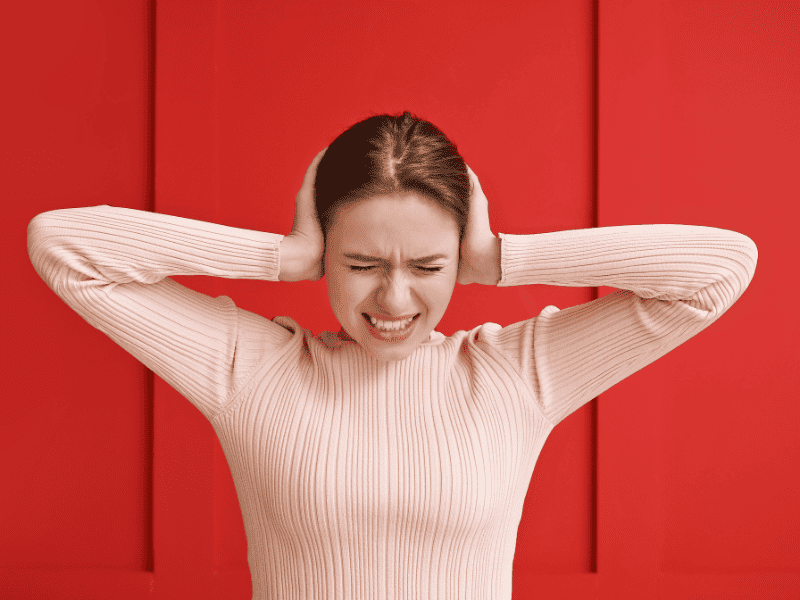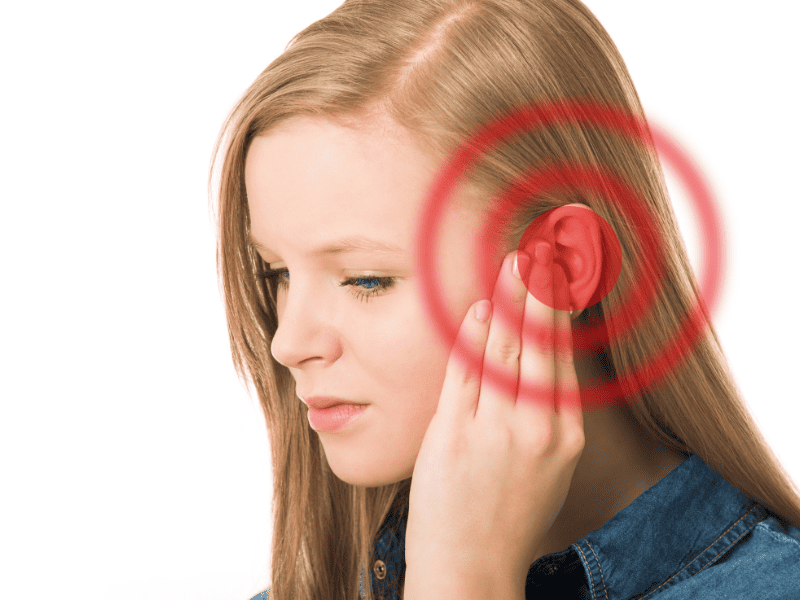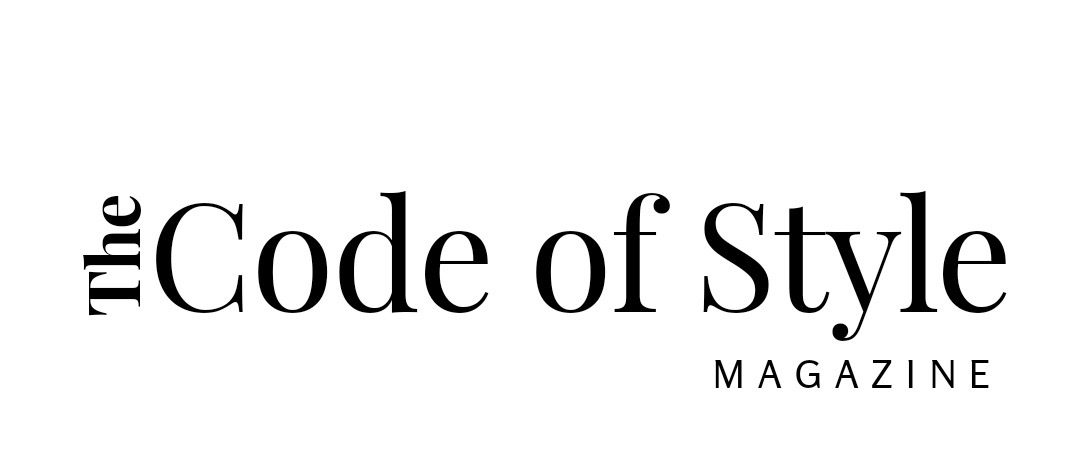Welcome back to The Code of Style, and this feature about How Loud Is Too Loud?
Most of us are aware that loud noise exposure can cause hearing loss. But just how loud is too loud?
This post takes a look into when hearing damage occurs and how you can protect your ears against loud noise.
How Loud Is Too Loud?

When does hearing damage occur?
Prolonged noises of 85 decibels or more can start to cause hearing damage. Anything louder than 120 decibels can meanwhile cause immediate damage to your hearing.
Below are a few different everyday noises and their volume level to give you an idea of when you may be at risk of hearing loss.
- Typical living room – 40 decibels
- Quiet office – 50 decibels
- Regular conversation – 60 decibels
- Vacuum cleaner – 70 decibels
- Noisy restaurant – 80 decibels
- Motorcycle – 90 decibels
- Average nightclub – 100 decibels
- Chainsaw – 110 decibels
- Average rock concert – 120 decibels
- Jackhammer – 130 decibels
- Jet engine taking off – 140 decibels
There are apps that you can use to measure the decibel level of an environment to determine if it is too loud. In most cases, if you notice your ears hurting or ringing, this is a sign that hearing damage is already occurring.
What are the effects of hearing damage?

Damage to your ears can cause premature hearing loss. This could be gradual or instant depending on the noise you have been exposed to. People with hearing loss can find it more difficult to follow conversations and may not be able to hear important sounds like alarms or doorbells. You may find that everything from your music listening experience to watching movies is negatively affected.
This type of hearing loss is also often accompanied by tinnitus. Tinnitus is a constant ringing in the ears that may distract you from tasks that require concentration and potentially even prevent you from getting to sleep. Tinnitus can be exacerbated by stress.There is no cure for hearing damage, however you can improve your hearing by exploring hearing aids and assistive listening devices. There are even hearing aids that can mask out tinnitus by increasing ambient background noise. To be prescribed a hearing aid, you will need to undergo a hearing test with the help of an audiologist. Your hearing aid can then be adjusted to help amplify the right frequencies.
How can you protect your ears?
Hearing loss from noise exposure is often easily preventable. If you are using loud equipment or in a loud environment for a prolonged period of time, make sure to wear earplugs or ear defenders. These will muffle sounds so that they do not cause damage to your ears. There are many different forms of ear protection that you can look into including earplugs that are able to reduce the volume without reducing sound quality too much (ideal for music venues).

When it comes to listening to music in your own time, try to avoid putting the volume up too much. This is particularly important when wearing headphones.
You can also reduce your exposure to loud noises by considering the types of tools and appliances you buy – there are now many low noise options on the market that are better for our ears.
In Conclusion
We hope you found this article about “How Loud Is Too Loud?” helpful and that it gave you some ideas on how you can best make time to take care of your health, both now and in the future, and you can have a look here for more of our health and wellness features.
I’m Julia, the Senior Managing Editor and I can’t wait to share some more articles with you again soon! In the meantime you can find more style, lifestyle and travel inspiration on “The Velvet Runway” .
Thank you for reading

Website: The Velvet Runway , Instagram : @thevelvetrunway













